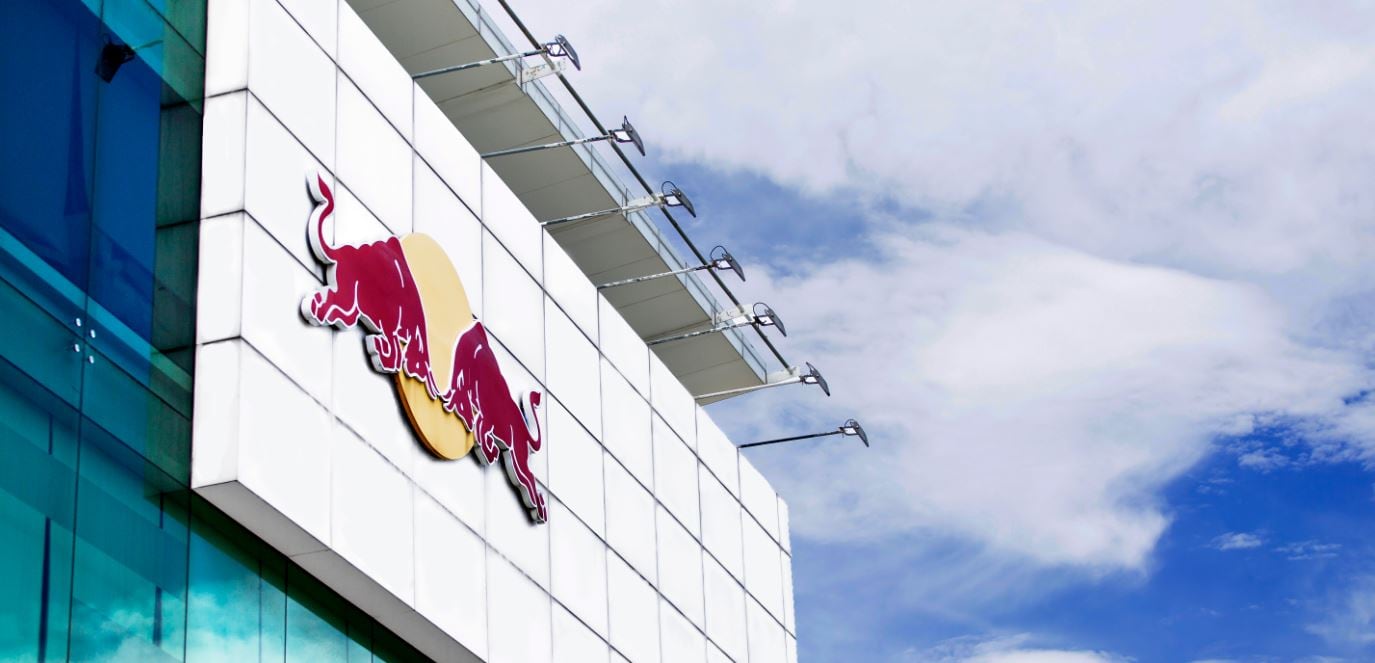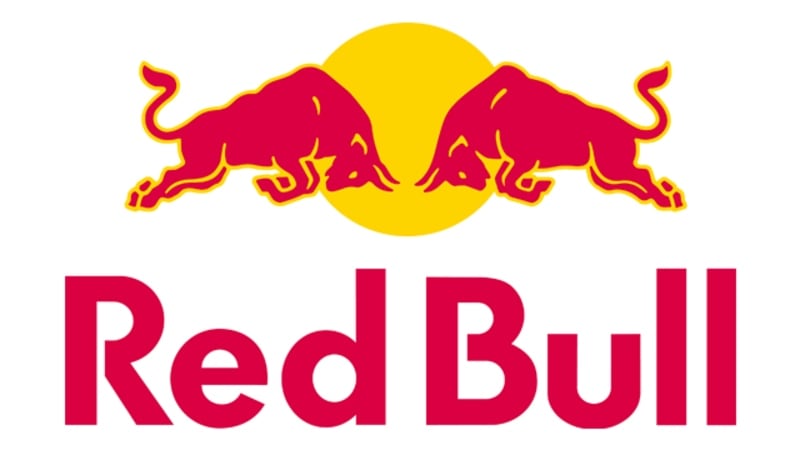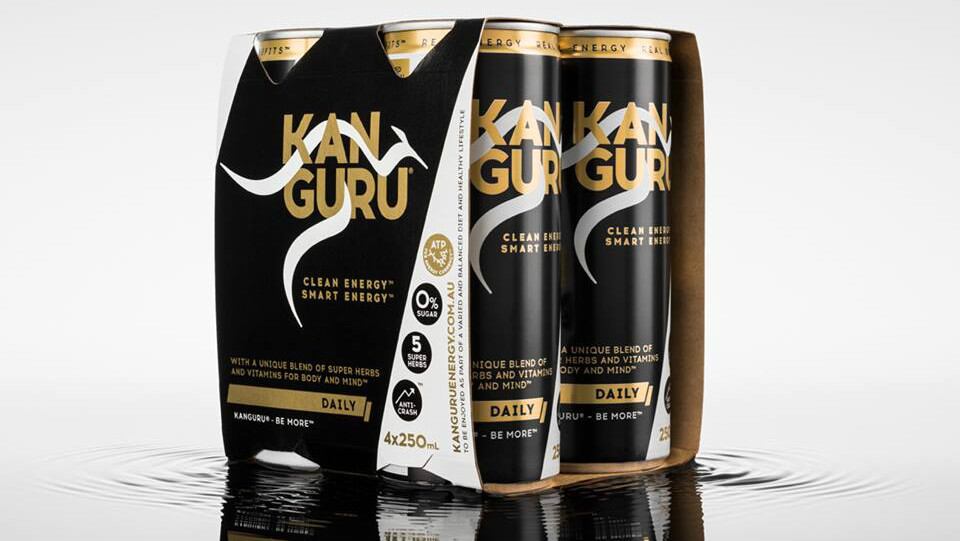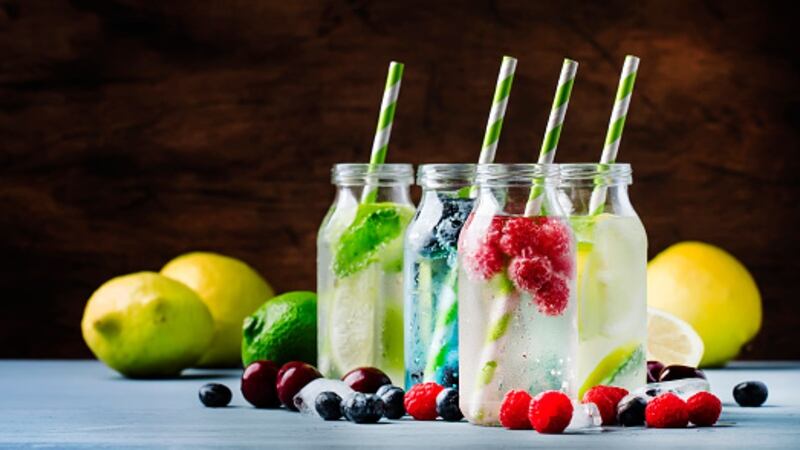Globally, Red Bull dominates the energy drink industry (30%), followed by Monster (20%) and TCP (11%). However in China, TCP’s Red Bull dominates at 80%, according to Chinese firm Daxue Consulting.
In Thailand, TCP’s Red Bull is known as Krating Daeng (non-carbonated) and is different from the global brand Red Bull (carbonated) which is formulated by an Austrian company Red Bull GmbH. TCP is the only producer of the Red Bull flavour and owns 51% of Red Bull GmbH.
In China, the drink is known as Hong Niu which translates to Red Bull.
The investment will be used to set up a manufacturing centre in Huairou District, Beijing scheduled to operate by 2021, and an office to enhance R&D efforts and develop new functional products.
China is TCP’s biggest foreign investment country to date, CEO Saravoot Yoovidhya told FoodNavigator-Asia.
“Once our new facilities are established, we can enhance our marketing and R&D capabilities by better understanding the needs, habits, and preferences of local consumers and to develop products that can better meet their particular needs,” Yoovidhya said.
Chinese consumers
Yoovidhya told us that Chinese consumers consume on average two to three energy drinks or similar beverages per week.
Daxue Consulting reported that China consumes 2.2 litres per capita each year, far behind the USA at 24.6 litres.
Despite this, China is currently the world’s largest energy drink market at RMB42bn (US$5.9bn) in 2019, and projected to reach RMB48bn (US$6.8bn) by 2021.
Yoovidhya pointed out that unlike in its home market where the drink was primarily marketed to labourers, in China, he observed: “Our customers consume Red Bull products on different occasions, including while working.”
As such, functionality in energy drinks was a rising trend for Chinese consumers: “Consumers look to products which will raise their physical and mental productivity and drive cognitive performance improvements.”
Last year, TCP launched locally produced Red Bull An Nai Ji Drink, which contains American ginseng extract. It also exported its Thailand version of Red Bull Vitamin Flavour Drink to China to give consumers a taste of the original Red Bull.
Yoovidhya said these new products have proven popular among Chinese consumers, and hopes the new investment over the next three years can help support the launch of new Red Bull products.
In China, the firm is working with its partners, Guangzhou Yao Energy Co., Ltd. and Pusheng Food Sales Co., Ltd, covering 227 cities in 24 provinces nationwide and a sales revenue of RMB1bn (US$150m) for the two products.
Looking to the future, Yoovidhya said: “Due to the Covid-19 pandemic, 2020 is one of the most challenging years the world has faced in decades. However, TCP remains unwavering in our determination to continue contributing to the development of China’s economy and society during these difficult times.”
In February, the firm donated US$1.68m to agencies that were tackling the pandemic in Wuhan, China and in March, donated another US$1.61m to organisations and medical workers in Thailand and South East Asia to enable frontline workers to safely screen and treat patients.
TCP Group is a parent company for other brands including Sponsor, Mansome and SunSnack. Its energy drink segment accounts for 70 to 80% of its revenue.




